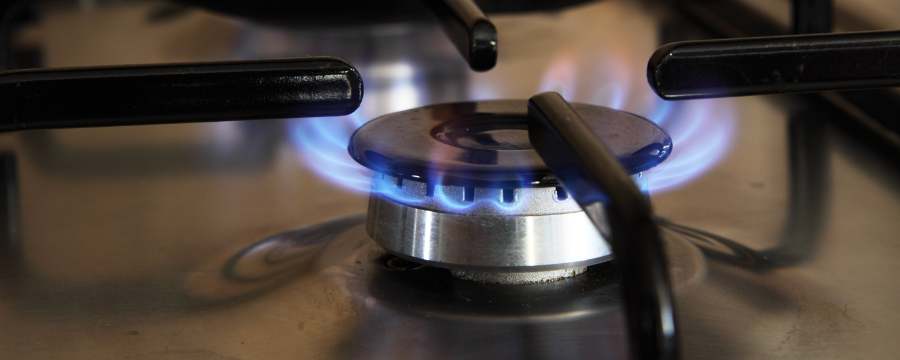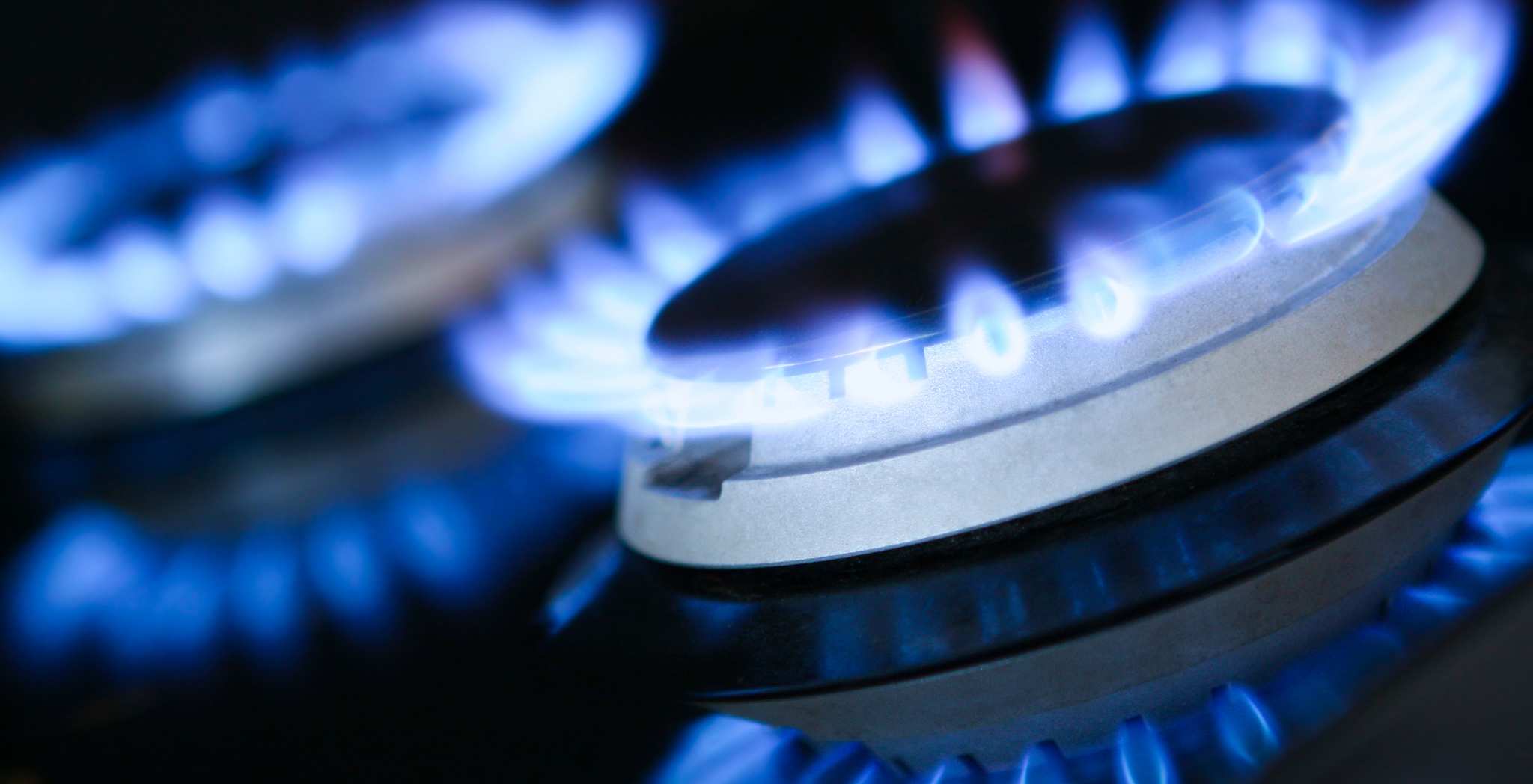Table of Contents
- Introduction
- What is Natural Gas?
- Features of Natural Gas
- Sources of Natural Gas
- Advantages of Natural Gas
- Disadvantages of Natural Gas
- FAQs
- Conclusion
- Disclaimer
Introduction
In recent decades, natural gas has gained significant popularity as an energy source. Its advantages have made it a preferred choice over traditional fuels.
However, like any energy source, it also has its drawbacks. This blog aims to provide a comprehensive overview of natural gas, including its definition, features, sources, benefits, and limitations.
What is Natural Gas?

Natural gas is a fossil fuel used for cooking, heating, electricity generation, and vehicle fuel.
It forms over millions of years from decomposed plants and animals subjected to intense heat and pressure beneath the Earth’s surface.
Characterized by high methane levels, natural gas is colourless, odourless, and highly flammable.
Features of Natural Gas
Ecologists and environmentalists have long highlighted natural gas’s distinct features:
- Abundance: Natural gas is readily available from nature.
- High Flammability: Due to its high methane content.
- Colorless and Odorless: Makes it less noticeable.
- Low Density: Lighter than air, it dissipates quickly in case of leakage.
- Less Corrosive: Owing to its high methane and low carbon composition.
Sources of Natural Gas

Natural gas is extracted from beneath the Earth’s surface.
Experts use sound wave detection tools and gravitational measurements to locate gas-rich rock formations.
Wells are drilled, often around 6,000 feet deep, to extract the gas, which is then processed for use.
Advantages of Natural Gas
- Environmentally Clean: Natural gas emits fewer pollutants, making it cleaner than other fossil fuel.
- Economical: It is cost-effective compared to other fuels.
- Convenience: Direct pipeline delivery to consumers.
- Safety: Lighter than air, it dissipates quickly, reducing fire risks.
- Abundance: More readily available than crude oil.
- Efficiency: Provides more energy per unit than fuels like propane.
- Ease of Delivery: Simplified delivery through pipelines.
Disadvantages of Natural Gas
- Limited Quantities: In countries like India, it must be imported, increasing costs.
- Combustibility: High flammability and difficult leakage detection.
- Non-Renewable: Finite availability poses future supply concerns.
- Carbon Dioxide Emissions: Contributes to climate change.
- Processing Time: Requires significant time and manpower.
- Leakage Risks: Difficult to detect due to its odorless nature.
- Storage Challenges: Requires more space for storage, increasing costs.
FAQs
- What is natural gas?
Natural gas, primarily methane, is a colorless and highly flammable hydrocarbon.
- Difference between natural gas and gasoline?
Gasoline is carbon-based, while natural gas is methane-based.
- Uses in the commercial sector?
Heating, cooling, cooking, and lighting.
- Difference between LPG and natural gas?
LPG is propane or butane with higher energy content than methane-rich natural gas.
- Is LPG better than natural gas?
LPG has higher energy content but is not necessarily better than natural gas.
- Can natural gas be used for cooking?
Yes, it offers better temperature control and efficiency.
- Which is cheaper, LPG or natural gas?
Natural gas is generally cheaper.
- Full form of CNG?
Compressed Natural Gas.
Conclusion
Despite its disadvantages, natural gas, including the use of NATURAL GAS FURNACE, remains one of the most accessible and affordable fossil fuels.
Its benefits, particularly in terms of cleanliness and efficiency, make it a viable energy option.
However, the challenges associated with its non-renewable nature and environmental impact cannot be overlooked.
As technology advances, it will be crucial to find more sustainable energy solutions, but for now, natural gas serves as an important bridge in our energy landscape.
Remember, when in doubt, professional help from LIFEMECHANICAL is just a call away.





